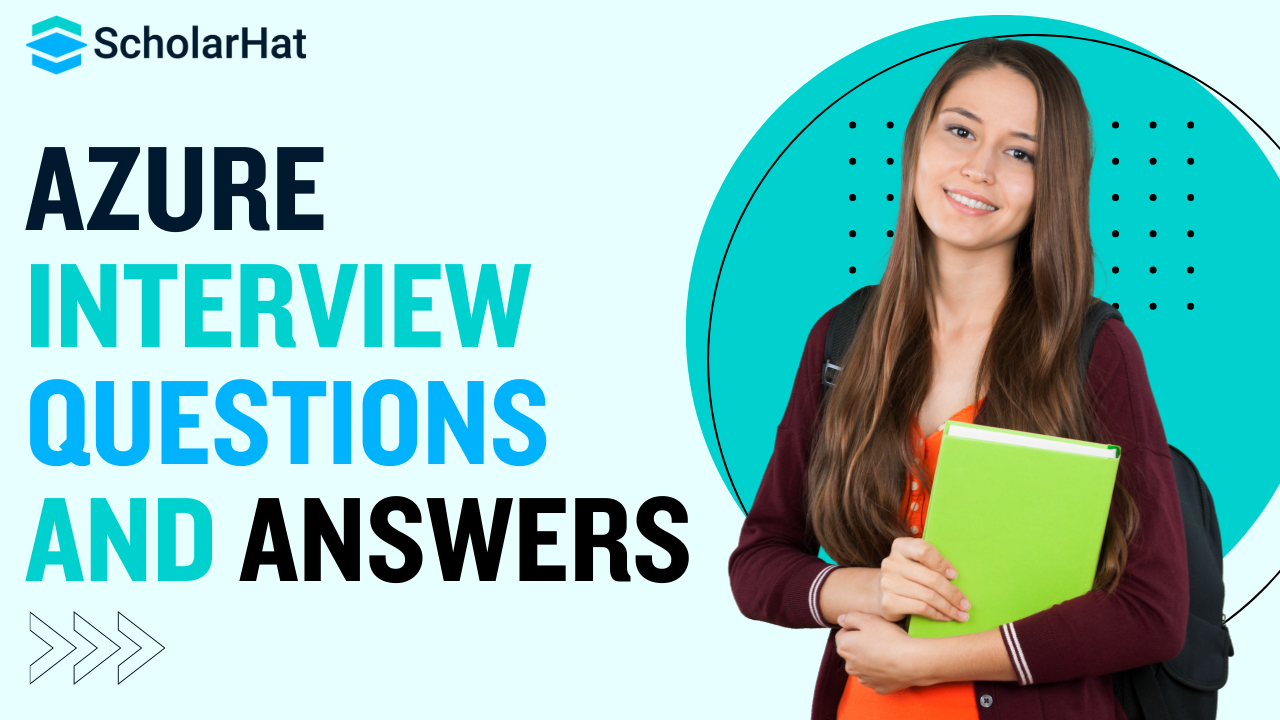How to Prepare for an Azure Data Factory Interview
Preparing for an interview can be daunting, especially when it involves a specific and technical role like that of Azure Data Factory (ADF). Azure Data Factory is a cloud-based data integration service that allows you to create, schedule, and orchestrate your data workflows. Whether you are a novice looking to break into the field or a seasoned professional aiming to switch roles, understanding what to expect and how to prepare effectively is crucial for success. In this article, we’ll explore comprehensive strategies to equip you with the knowledge and confidence to excel in your Azure Data Factory interview.
Understanding Azure Data Factory Basics
Before diving into the complexities of interview preparation, it’s essential to grasp the fundamentals of Azure Data Factory. ADF is a service designed by Microsoft that provides data integration solutions. The platform allows users to integrate disparate data sources, both on-premises and in the cloud, into cohesive, actionable information. Familiarizing yourself with the core components such as pipelines, data flows, datasets, linked services, and triggers will give you a solid foundation for the technical questions that may arise.
For a detailed exploration of typical queries you might encounter, consider reviewing some specific Azure Data Factory Interview Questions.
Key Areas to Focus On
Data Integration Patterns
Understanding data integration patterns is crucial when working with Azure Data Factory. You should be comfortable discussing batch and real-time data integration, as well as hybrid data integration scenarios. Be prepared to explain how you would design a solution to integrate data from various sources into a centralized data warehouse using ADF.
Security Features
Security in data integration is paramount. Be ready to discuss the security features available in Azure Data Factory, including data encryption, integration runtime environments, and managed identity. Examples of how to secure data at rest and in transit using ADF could be significant points of interest in your interview.
Performance Tuning and Optimization
Another critical area is the performance optimization of data pipelines. You might be asked about your experience in monitoring and optimizing pipelines to handle large volumes of data efficiently. Discussing techniques such as pipeline partitioning, scaling Azure Integration Runtime, and performance tuning SQL databases in an ADF context will show your depth of knowledge.
Practical Preparation Tips
Hands-On Practice
Nothing beats practical experience. Engage in hands-on practice by setting up your own Azure Data Factory environment and experimenting with building various data pipelines. This practice will not only reinforce your theoretical knowledge but also give you confidence in discussing real-world application scenarios.
Mock Interviews
Participate in mock interviews to simulate the actual interview environment. This practice can help alleviate anxiety and improve your response times to technical questions. Use resources like online forums, study groups, or professional networks to find opportunities for mock interviews.
Stay Updated
The technology field is ever-evolving, and so are the tools and technologies around Azure Data Factory. Keeping yourself updated with the latest releases, features, and updates from Microsoft can provide you an edge in the interview. Regularly visiting official Azure documentation and community blogs can help you stay informed.
Concluding the Preparation
As your Azure Data Factory interview approaches, ensure you are well-rested and prepared. Review your notes and key concepts one last time, but also take time to relax and set your mind at ease. Confidence, combined with thorough preparation, is key to success.
In conclusion, preparing for an Azure Data Factory interview requires a blend of technical knowledge, practical experience, and soft skills. By understanding the basics, focusing on key areas, practicing thoroughly, and staying updated, you can approach your interview with confidence. Remember, each interview is a learning experience, and every question is an opportunity to showcase your expertise and enthusiasm for the role. Good luck!
